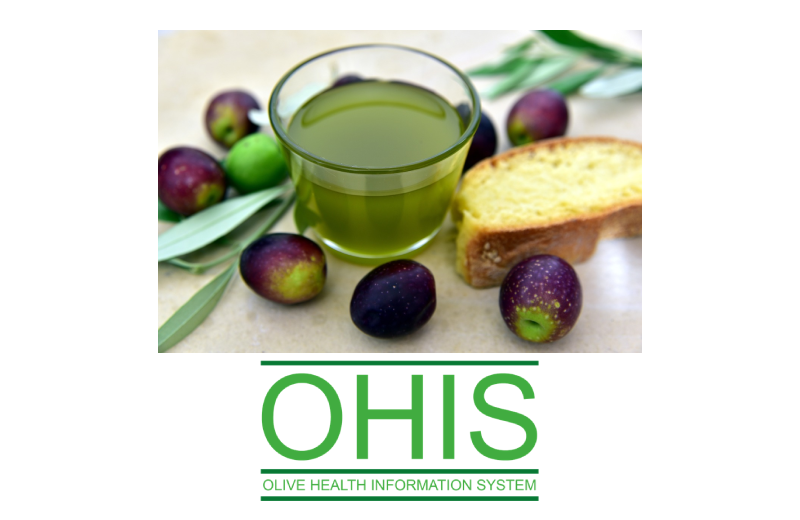Neurodegenerative disorders are becoming more prevalent as society ages. Most neurodegenerative diseases, like Alzheimer’s disease and Parkinson’s disease, are idiopathic conditions with uncertain pathogenesis. Nonetheless, evidence shows that the course of neurodegenerative diseases is significantly influenced by inflammation and oxidative stress.
The Mediterranean diet may have potential preventive and therapeutic benefits on the neurodegenerative process. This dietary pattern is characterized by the consumption of plant foods, grains, legumes, fish, a modest amount of red wine and the use of olive oil as its major source of fat. A recent review provides insights into the associations between the bioactive compounds present in the Mediterranean diet, neurodegenerative diseases, and markers and mechanisms of neurodegeneration. The Mediterranean diet may have a protective effect on the neurodegenerative process due to its antioxidant and anti-inflammatory properties. The paper suggests that the consumption of olive oil could be partly responsible for these effects. Extra virgin olive oil includes 36 phenolic compounds, including tyrosol, hydroxytyrosols, oleocanthal, and oleuropein, as well as carotenes. These phenolic chemicals penetrate the brain and exert neuroprotective effects via antioxidant, anti-apoptotic, and anti-inflammatory mechanisms. According to extensive research, hydroxytyrosol functions as a scavenger of reactive free radicals, resulting in neuroprotective effects on brain cells during oxidative stress.
In the same way, a recent article examined how the MIND diet (Mediterranean-DASH Intervention for Neurodegenerative Delay) relates to cognitive function and its decline among 4066 middle-aged individuals. The MIND diet score was originally determined by including the dietary components of the Mediterranean diet and DASH diet (Dietary Approaches to Stop Hypertension) that have shown to have a positive impact on dementia and cognitive decline, with olive oil considered as the primary source of fat. The study concludes that participants with higher scores on the MIND diet scale had a significantly better global cognitive function, suggesting that greater adherence to the MIND diet is associated with better cognitive function and potentially slower cognitive decline at older ages.
Click HERE to see the latest posts…









